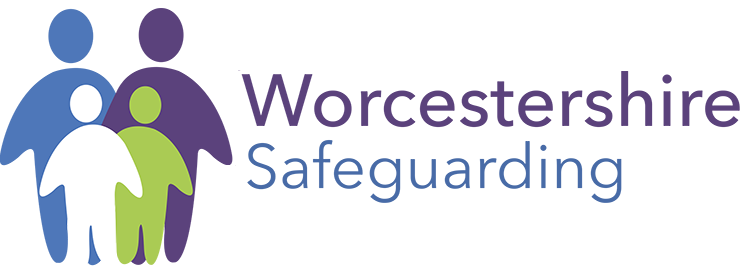Professional Curiosity
What is professional curiosity
Professional Curiosity is a combination of looking, listening, asking direct questions, checking out and reflecting on all the information we receive. It means not taking information at face value and triangulating all information from different sources to gain a better understanding of the people and families we support
Professional Curiosity Skills in Practice:
- Practice respectful uncertainty and feeling confident to challenge
- Be prepared to think the unthinkable and consider all possibilities
- Practice in an anti-discriminatory and anti- oppressive way, avoiding any assumptions.
Barriers to Professional Curiosity:
Barriers can include over optimism, making assumptions, lacking confidence to ask challenging questions, unconscious bias, professional deference, changes in practitioners, pressure and complexity of workload and few opportunities to reflect.
Recording:
Good recording becomes especially critical in complex situations. We should record the decisions and actions that we decide not to take, as well as ones that we did, explaining our rationale. We should also make very clear what is factual information and what is our own opinion or the opinion of other people. Evidencing our thinking process.
How to Remain Professionally Curious:
We can foster professional curiosity through accessing good quality reflective supervision, engaging in ongoing learning to keep up to date with new research and ways of working. We can also access peer support and reflective discussions and committing to challenge our unconscious biases and assumptions.
Reflective Questions:
- How could you develop your professional curiosity?
- How might you overcome the barriers to professional curiosity?
- How could evidence your decision making in your recording?
Useful Links:
- WSAB Professional Curiosity Briefing
- Professional curiosity – Preventing Exploitation Toolkit
- Research In Practice – Professional Curiosity Strategic Briefing
Webinars
- Exploring ‘professional curiosity’ to support social care practice Webinar
- West Midlands Regional Webinar on Professional Curiosity May 2025
Local Safeguarding Adults Reviews (SARs)
For details on local reviews where professional curiosity has been an areas of learning follow the link below:
- WSAB Professional Curiosity SAR Learning page
- Worcestershire Published Safeguarding Adults Reviews – WSAB
Within some of these reviews there were some specific recommendations for practitioners to address as part of their practice these included:
- recording with the person from the initial contact their preference on methods of future contact.
- if they become aware of a specific risk presented by a person they are delivering services to, they should consider the need to make other agencies aware of that potential risk;
- referrals should always be made to the relevant organisations where possible unmet care and health needs have been identified, regardless of any assurances provided by the person about existing agency involvement. ( subject to obtaining the consent of the person or considering whether there are grounds to override the person’s wishes)
- recognising the importance of understanding history of a person and the family. This can provide Key information which can help build a much deeper understanding of the family and their circumstances. SARs consistently find that understanding history is key to the safe and effective delivery of care especially where trauma informed practice is required whether that be in the victim or carer.
- Think the unthinkable, there may be the need for more professional challenge and the need for practitioners to ‘think the unthinkable’ .
Wider considerations of risk
Dogs
An external Coroners report also made a recommendation regarding the importance of considering risks in peoples homes, particularly where there may be dogs present. The following documents provide some recommendations and information on this area:

